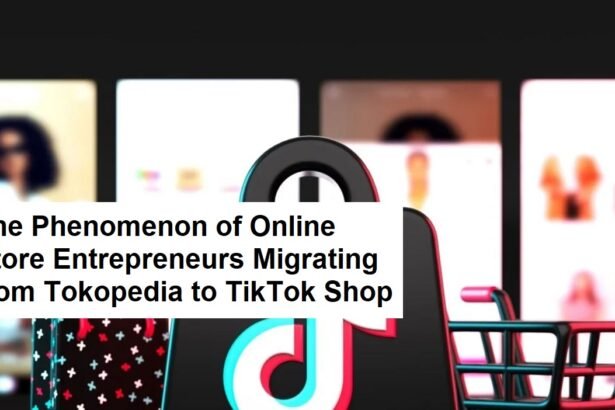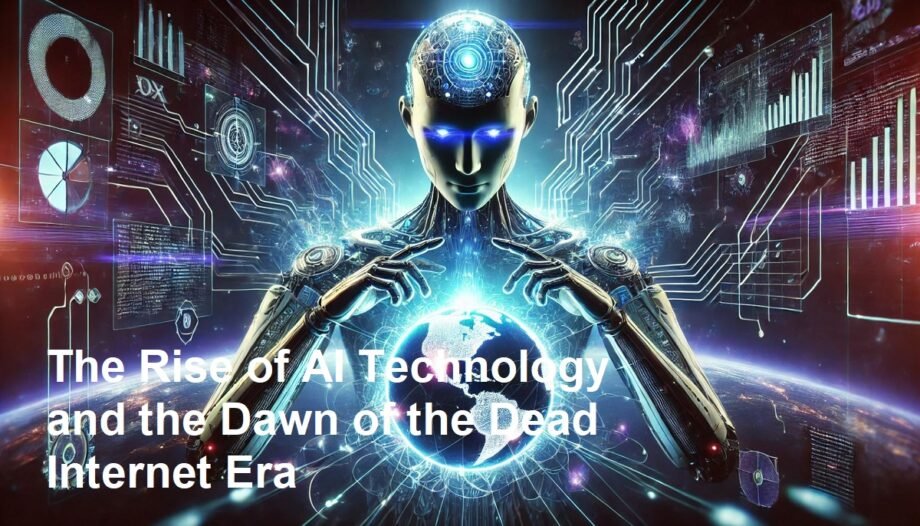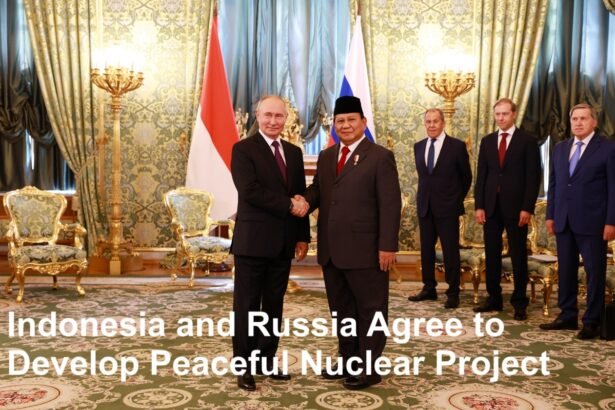Introduction
Artificial Intelligence (AI) technology has rapidly transformed the digital landscape, reshaping how we interact with the internet and consume information. As AI-generated content becomes increasingly sophisticated, we are entering what some experts call the “Dead Internet” era—a time when much of what we see online is not created by humans but by AI systems. This shift raises important questions about authenticity, trust, and the future of digital communication. In this article, we will explore how AI dominates the digital world, the implications of the “Dead Internet” theory, and what it means for users and content creators alike.
AI’s Dominance in the Digital World
AI technology has evolved from simple automation tools to complex systems capable of generating text, images, videos, and even deepfake content that is nearly indistinguishable from human-made creations. Platforms powered by AI, such as chatbots, content generators, and recommendation algorithms, now influence a vast portion of online activity.
Key Drivers of AI’s Digital Takeover:
- Content Generation:AI models like GPT and DALL·E produce articles, social media posts, and artwork at scale, often faster and cheaper than human creators.
- Personalization:AI algorithms tailor content feeds, advertisements, and search results to individual preferences, increasing engagement but also creating echo chambers.
- Automation:Routine tasks such as customer service, data analysis, and even creative writing are increasingly handled by AI, reducing the need for human intervention.
Understanding the “Dead Internet” Theory
The “Dead Internet” theory suggests that a significant portion of the internet is now populated by AI-generated or bot-created content rather than genuine human interaction. This phenomenon leads to a digital environment where:
- Authenticity is blurred:It becomes difficult to distinguish between real human-generated content and AI-produced material.
- Information overload:The sheer volume of AI-generated content can overwhelm users, making it harder to find trustworthy sources.
- Manipulation risks:AI can be used to spread misinformation, fake news, and propaganda at an unprecedented scale.
This theory highlights a growing concern that the internet, once a vibrant space for human connection and creativity, is becoming a landscape dominated by artificial constructs.
Implications of AI-Generated Content
1. Trust and Credibility Challenges
As AI-generated content floods the web, users may struggle to identify credible information. This erosion of trust can impact everything from news consumption to online shopping and social interactions.
2. Impact on Human Creativity
While AI can augment creativity, there is a risk that over-reliance on AI-generated content may stifle original human ideas and expressions, leading to homogenized digital experiences.
3. Ethical and Legal Concerns
The rise of AI content raises questions about copyright, accountability, and the ethical use of AI. Who owns AI-generated content? How do we regulate misinformation created by AI?
The Future Outlook: Navigating the AI-Driven Internet
Embracing AI Responsibly
To thrive in this new era, users, creators, and platforms must adopt strategies that balance AI’s benefits with the need for authenticity and transparency.
- Verification Tools:Development of AI detection tools to help users identify AI-generated content.
- Content Labeling:Platforms may require clear labeling of AI-produced material to maintain transparency.
- Human-AI Collaboration:Encouraging AI to assist rather than replace human creativity and judgment.
Educating Users
Digital literacy programs should evolve to teach users how to critically evaluate online content, recognize AI-generated material, and understand the implications of the “Dead Internet” phenomenon.
Conclusion
The rise of AI technology is undeniably reshaping the digital world, ushering in the “Dead Internet” era where AI-generated content saturates the online space. While this transformation offers remarkable opportunities for efficiency and innovation, it also presents significant challenges related to authenticity, trust, and ethical use. By understanding these dynamics and adopting responsible practices, we can navigate this new digital landscape effectively, ensuring that the internet remains a valuable and trustworthy resource for all.









